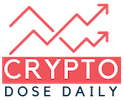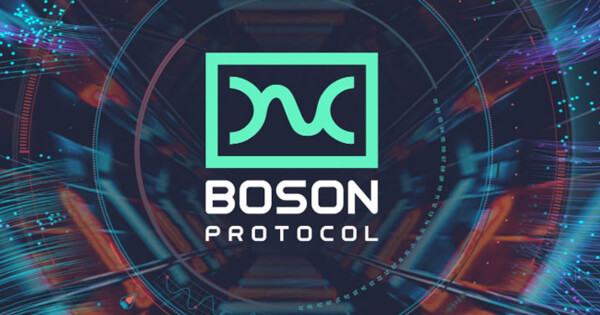Boson Protocol Introduces Redeemable NFTs to Enhance Marketplace
Boson Protocol, a marketplace built on Web3.0 principles, has unveiled a significant transformation to its platform with the launch of Redeemable NFTs, designed specifically for physical goods.
This innovation allows users to acquire a tokenized representation of tangible items, which they can redeem at a later date, potentially years in the future.
According to the information available on Boson Protocol’s site, these redeemable NFTs grant the rights to physical products rather than the products themselves. The platform primarily focuses on high-value luxury items that are anticipated to appreciate over time.
Co-founder Justin Banon highlighted the initiative, stating, “We’ve got a number of projects where they’re tokenizing luxury wine and luxury whiskey. Someone will get a redeemable NFT that they can hold or trade for five or 10 years while the whiskey matures.” He emphasized that such offerings could pave the way for a commodities market centered around luxury whiskey.
As the world of non-fungible tokens continues to evolve, innovators are making noteworthy progress to integrate relatable products and services into the NFT ecosystem. Boson Protocol’s strategy aims to elevate products that have digital counterparts in the metaverse, thereby increasing community engagement and participation.
In today’s Web3 landscape, NFT advancements are becoming a common theme, with many experts viewing this segment of blockchain technology as essential for the burgeoning metaverse. Stakeholders ranging from everyday users to investors are increasingly focused on NFTs, prompting venture capital firms to allocate resources towards constructing the necessary infrastructure for this domain.
While tokenization is still in its nascent stages, numerous startups are directing their efforts towards the Real Estate sector in an attempt to democratize ownership of luxury assets. This growing trend corresponds with the digital economy, which has gained prominence in various regions, including Dubai and parts of Asia.
Tokenizing real-world assets enables broader market exposure, extending beyond local boundaries for streamlined global trade opportunities.

